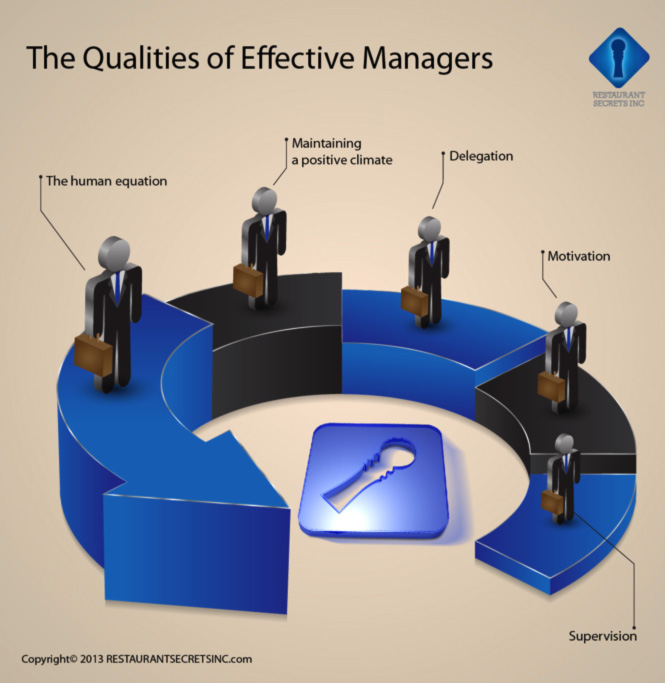

Delegation
Delegation of responsibility is an important element of personnel management and supervision of personnel, however, many people have problems with delegating properly for a variety of reasons:
- Believing, “If you want something done right, you have to do it yourself!”
- Feeling that if you delegate, you lose control.
- Not trusting people to the point of being comfortable with their reliability, ability, experience, etc.

While the above is true for most people, delegation is essential to an efficient operation even though “holding on” is usually a deeply entrenched characteristic.
There is also a no win element. For example, you do not delegate because you do not have enough trust, yet you cannot trust if you do not delegate. You have to be willing and able to give people freedom and confidence that they can/will be able to perform up to needs and expectations.
True delegation implies giving both responsibility and authority. It is very difficult to give responsibility without authority. Oftentimes orders are given or a project is passed on to someone without also giving the authority to follow through. Beyond this, frequently people hold on by hovering over people too closely while they are trying to be productive. This creates frustration, inefficiency and insecurity.
Maintaining a Positive Climate
The following are some management qualities that contribute to creating and maintaining a supportive climate.
Listen
Perhaps the most powerful habit is just to listen - really listen - to your staff. While you must hear their words, you are really listening for the feeling behind what they are saying. Listen for insights. Listen with curiosity. Listen with humility. If you do not listen because you believe that you have something else more important to do at that moment, it is disrespectful. If you do not listen because you think you already know what someone is going to say (been there, done that), it is disrespectful. If you discount someone's opinion because they are "just" a busboy, because they don't speak English well or because they do not have your vast experience in the business, it is disrespectful and disrespect will destroy a climate faster than anything I can think of.
Support Your Staff
In the long term, the only way our organizations can succeed is if the people who comprise these organizations succeed. When we select people to become part of our staff, it must represent a commitment on the part of the company (supported by our deeds) to do everything possible to encourage and support their development, both personally and professionally. If you are not comfortable making that level of commitment to an individual, you should not bring that person on board.
Experience and maturity have long been generally accepted qualifications for an effective foodservice management. However, managers of any age who approach their jobs like coaches instead of cops and focus on developing and maintaining a supportive work climate will achieve results that most "experienced" managers can only dream about.
The Human Equation
The Cop Mentality

Most of us were likely mentored by managers who grew up with a cop mentality. That's what they taught us because that was all they knew. "Find things that are wrong and fix them" usually was (and typically still is) the order of the day for management. This model of supervision is a lot closer to law enforcement than it is to enlightened leadership.
Cops go out looking for problems to solve. Cops see most people as crooks who will rob them blind if they don't watch them every minute. Cops believe that they can push employees to perform and that they can motivate with fear. The idea that "the floggings will continue until morale improves" makes sense to a cop. Following the cop model, many people try to force their staff to perform and expect this approach to work.
The Coach Mentality

In the age of service, a more appropriate management style is coaching. Coaches look for strengths. Coaches see what talent they have to work with and devise a game plan to win with the skills they have available. Coaches realize that the talent resides in the players and if the players do not develop to their full potential the team will never reach its full potential.
Coaches understand that motivation is found internally not externally. The best coaches do not try to force people to do anything they do not want to do. Coaches, like farmers, realize that while contented cows may not necessarily give more milk, they do not kick the bucket over as often and they are a lot easier to live with!